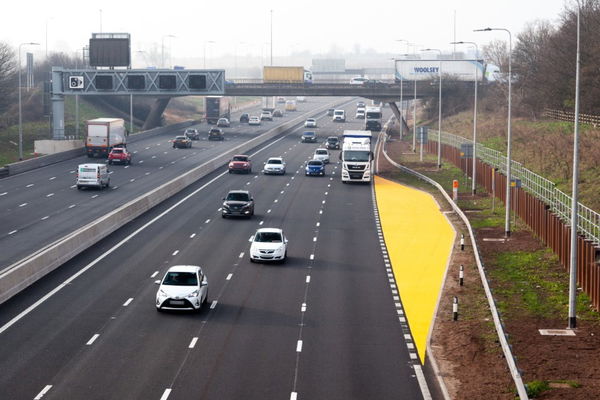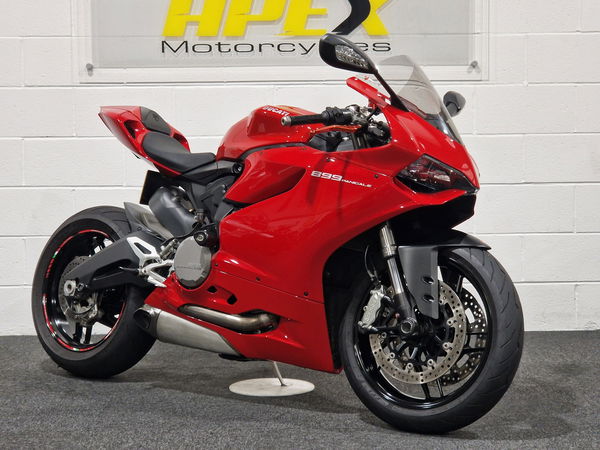Hackney Council to push on with parking charges after meeting with campaigners
After meeting with protesters earlier in October, Hackney Council has confirmed that it will press ahead with its parking charge plans.
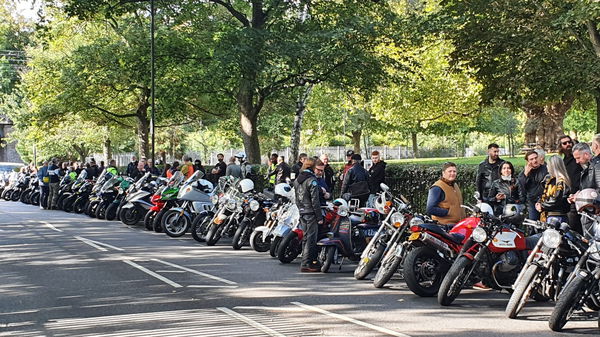
Councillor Mete Coban, of Hackney Council, has met with campaigners and union representatives following a protest against proposed motorcycle parking charges in the borough.
Following a protest held earlier in October, the Hackney councillor Mete Coban met with campaigners and a representative of the GMB Union which represents delivery workers.
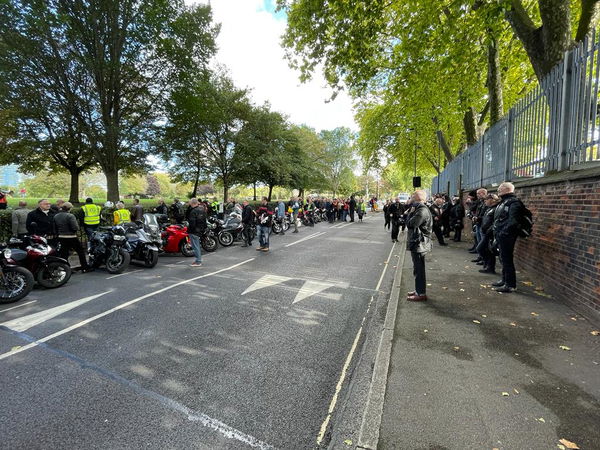
The aforementioned protest was organised by Save London Motorcycling (SLMC) who say that the recent meeting with Coban was delayed by the councillor arriving late.
Save London Motorcycling says that the campaigners presented the following points at the meeting:
- When the consultation which led to the current proposal of £14,000-per-year motorcycle parking charges the scale of the new charges was not made clear;
- Powered two-wheelers (PTWs) are a low impact mode of transport which require little parking space and “have no impact on congestion,” SLMC says;
- Those unable to switch to other modes of transport will be priced out of the borough as a result of the charges (majority of PTW riders are in C2DE social class);
- PTW riders are integral to culture, economy and community of Hackney;
- Free PTW packing should continue to incentivise PTW use and ownership over car use and ownership, which will, SLMC says, “reduce the overall parking space requirements in the Borough, ease congestion, and improve air quality.”
SLMC says that the proposed parking charges would discriminate against those people who rely specifically on PTWs to get around.
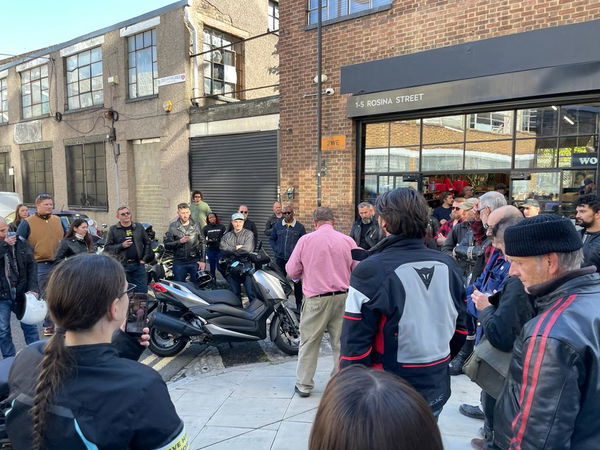
Included in this is a woman who runs a small business in Hackney and who uses a PTW to get around because she has mobility issues which prevent her from walking or cycling to her nearest public transport point. SLMC says that the woman would be forced to relocate both herself and her business outside of Hackney if the proposed charges go through.
Further, a student nurse who commutes from Croydon to Hackney says she would be unable to afford the health-worker-specific permit charge for PTW use in Hackney. She uses a PTW to get to patients’ homes on short notice, according to SLMC, and says she would have to look for work elsewhere should the proposed charges go ahead.
Additionally, SLMC says they told the Council of a mobile handyman who works across London, including Hackney, who says he will have to switch to a van from a bike because of the charges; and chef working in a Hackney restaurant who lives in Watford, whose shift finishes after the last train to get home so uses a PTW. The parking charges would mean she has to find a new job in a different borough.
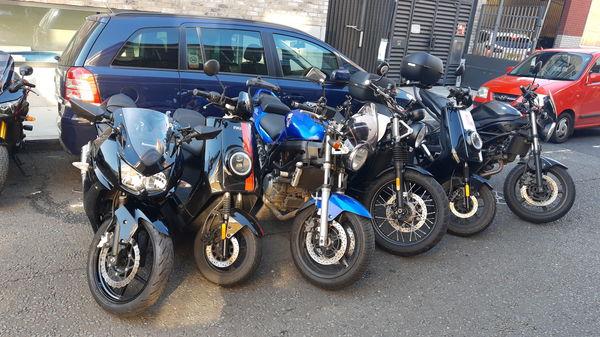
SLMC says in a press release that “The Council responded that in these cases people should walk, cycle or take public transport.”
SLMC also says that Hackney Council:
- Were unable to offer a solution that would make the new parking charges affordable;
- Were unable to present any evidence of the negative impact of PTWs;
- Said that electric PTWs have no negative environmental impacts versus e-bikes, but that they have no power to charge e-bikes for parking;
- “Conceded that the “evidence” on which the £14,000 proposal was made in the first place was bogus and debunked and that they will retroactively alter the false claims in the 2020 consultation documents and the report which Cabinet voted on in 2021 and the Consultation was based, but still consider the Consultation and vote valid despite being based on fiction,” SLM says;
- Confirmed that they still intend to introduce the charges and assess the impacts after the introduction.
Visordown contacted Hackney Council for comment on the meeting and their proposals.
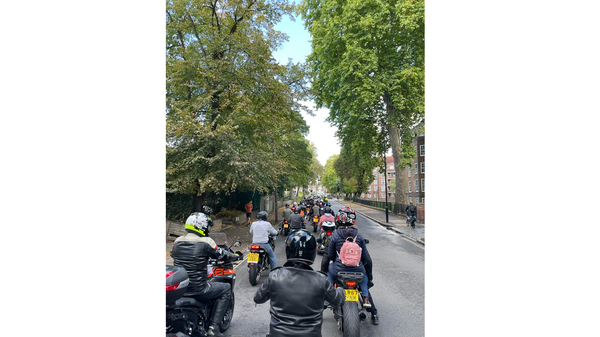
Hackney Council denies that it suggested - in the case of the woman with mobility issues - that she should walk, cycle, or take public transport.
In response, the Council said: “Any resident who has a disability that affects their mobility is entitled to apply for a blue badge. If they are given one, they can then apply for a free companion badge, which is electronic (meaning there is nothing to display) and which enables the badge holder to park in their home parking zone.”
Additionally, while it confirmed that it does not have the powers to enforce parking charges on bicycles, the Council said that “We believe that our decision to treat all vehicles, including electric PTWs, in a consistent and fair way will - over time - lead to a growth in cycling, and use of public transport in and around Hackney.
“These changes will benefit the borough as a whole, and the same rationale applies to our commitment to ensure that parking permit charges are not less than secure cycle parking storage.”
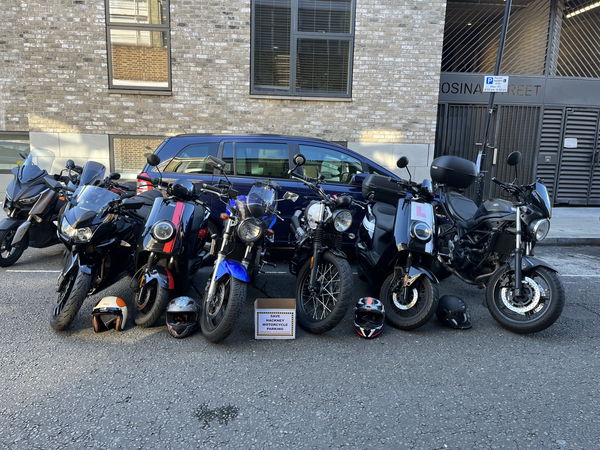
It also said that vehicle size has never been a factor in decisions regarding parking permits. “Hackney Council has a long-standing policy of basing permit prices solely on the tailpipe CO2 emissions,” the Council said, “in order to encourage all residents and businesses to opt for the cleanest vehicle they can. The size of a vehicle or PTW has never been a factor that is taken into account.”
Furthermore, Hackney Council said that “there is a substantial body of evidence that PTWs - like all forms of road transport - generate CO2 emissions, and create air pollution from emissions, and tyre and brake wear,” and it therefore does not consider the evidence one which it has based its parking charge proposal to be false. It also said that its plans for addressing the pollution of road transport, including PTWs, are “fair and proportionate,” and “ensure that PTWs, like all other vehicles, are charged based on how much they pollute, not how big they are.”
The Council also said that it does not anticipate that the new parking charges will lead to a majority of PTW owners in Hackney having to buy alternative modes of transport.
“Hackney residents and businesses who own a PTW will be able to apply for a parking permit for their scooter or bike,” the Council said, “which will enable them to continue parking their PTW on the street near their home.”
Finally, a Hackney Council spokesperson said: “As a Council we are committed to improving local air quality and tackling the climate emergency. As part of this commitment, and following a full public consultation in 2020, Cabinet agreed in February 2021 to place motorcycles on the same footing as all other vehicles, with permit prices based solely on the emissions they produce.
“While charges vary depending on how polluting they are, permits for owners of most scooters and motorcycles will typically be seven to ten times lower than the highest permit price, in recognition of the fact that they are relatively low polluting.
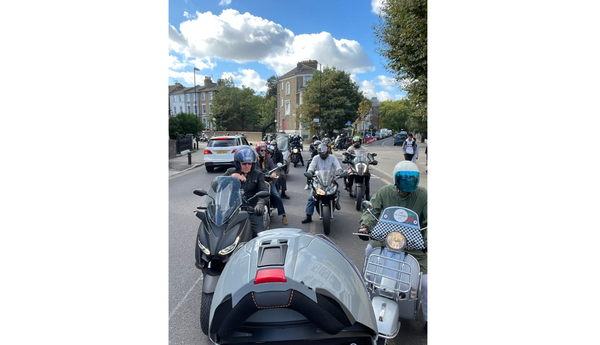
“These changes will allow businesses, delivery riders and other organisations that provide valuable services to continue to do so, while also discouraging the use of motorcycles for commuting, which contribute to local emissions and take up valuable kerb space from local residents and businesses.
“In summer 2022, we sought feedback from the public on proposed prices for all our parking permits, and met with motorcycle groups to hear their views. These will be taken into account, together with the feedback from other groups, ahead of any final decisions being taken by the Council.”
Images of 8 October Hackney protest ride-out courtesy of Save London Motorcycling.
